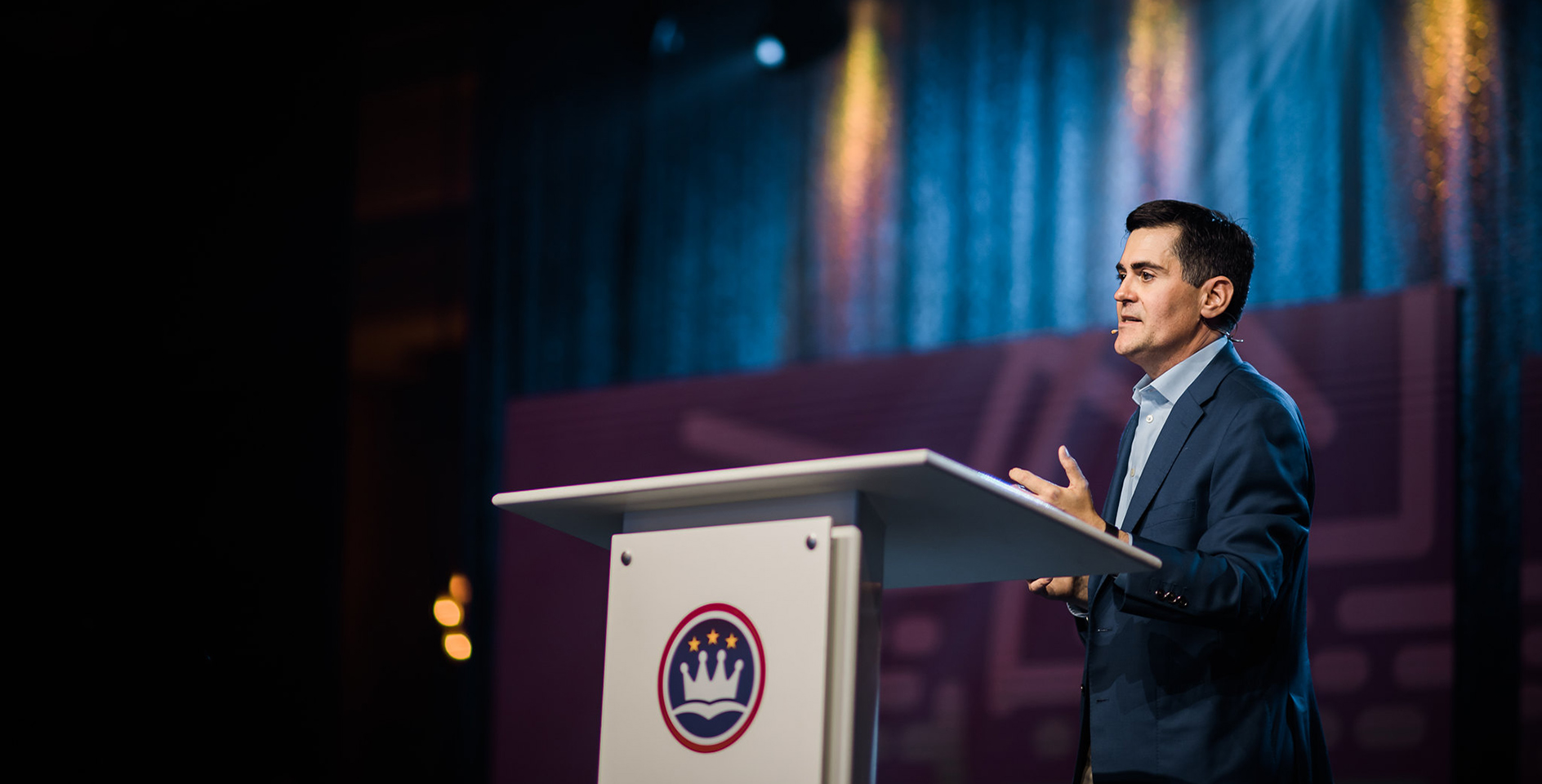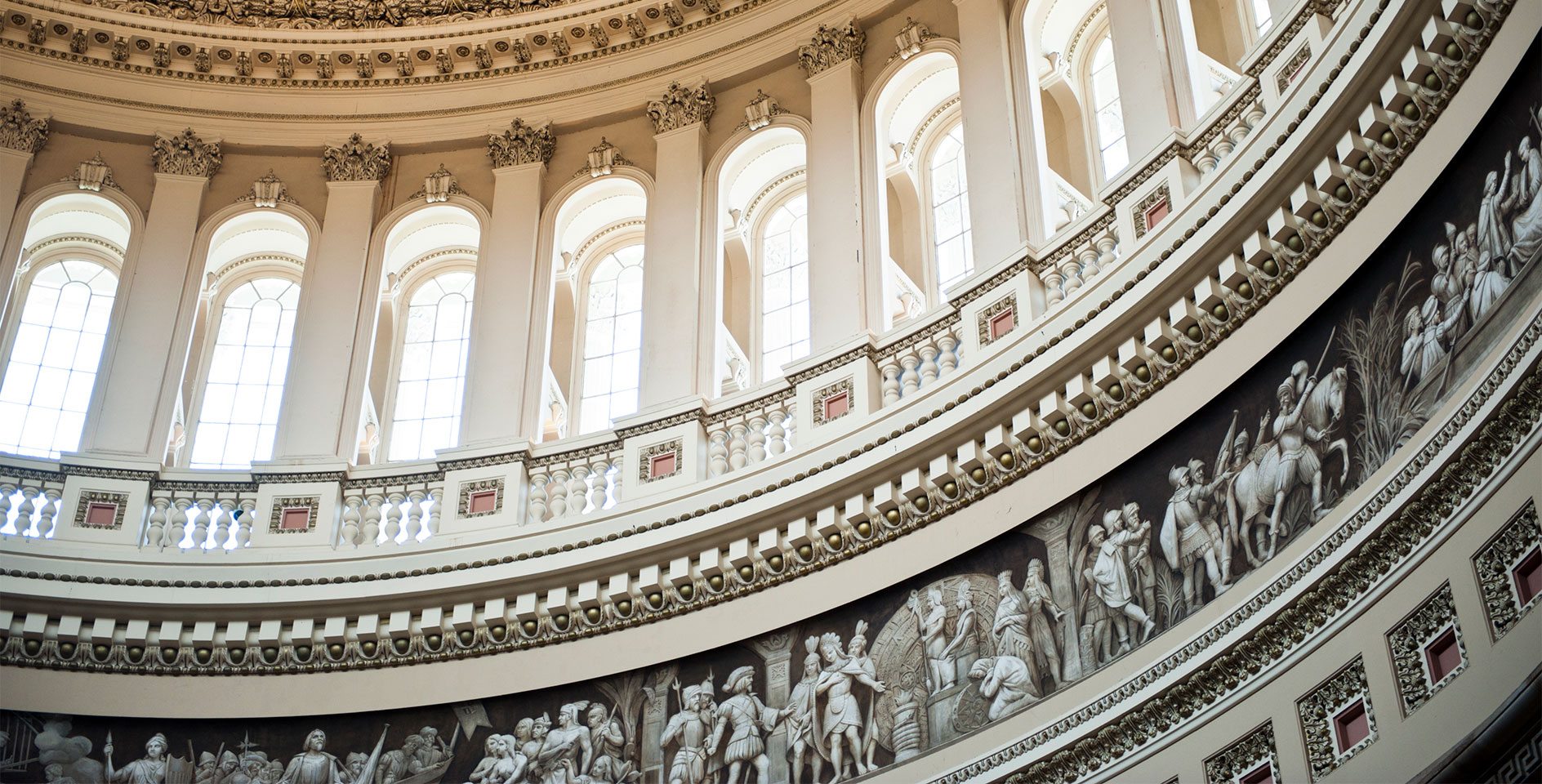PRINCETON, N.J., April 17, 2018—Russell Moore, president of the Southern Baptist Convention’s Ethics & Religious Liberty Commission, delivered the fifth annual William E. and Carol G. Simon Lecture on Religion in American Public Life, today on the “Rebirth for the Reborn: American Christianity and American Culture at the Cross.”
The lecture, co-sponsored by The Witherspoon Institute and the James Madison Program in American Ideals and Institutions, took place on the Princeton University campus.
The following are excerpts from Moore’s lecture:
“Younger evangelicals are not yielding to the inevitability of secularization, nor are they leaving the church in large numbers because they want to liberalize historic doctrine or ethics. The obstacle, it seems, is not secularism but cynicism. Many are wondering whether evangelical Christianity is just another badge of tribal belonging or just another vehicle for political action, or, even worse, just another marketing scheme.
“There will always be those who will suggest that Christianity must change or die, defining the change they mean as downplaying the supernatural basis of the faith or the authority of Scripture, or shaving off the hard edges of Christian moral norms were those norms are unpopular. . . . This also quickly morphs into something quite different from historic Christianity, and also, ultimately, fails on its own terms. To paraphrase Carl F. H. Henry in the last century, who cares what a church that is no longer sure that it has a word from God has to say about energy policy?
“The gospel marches onward not because it is familiar, but because it is dares introduce us to the strangest concept we can imagine: a God who justifies the ungodly. Nothing guarantees that American evangelicalism, as an established movement, will be found there in the future, pointing the way to Christ and him crucified. But someone will. God does not need the evangelical movement. But the evangelical movement desperately needs God. To that end, those of us who are evangelicals should work for reform—for a multiethnic, theologically-robust evangelicalism that can pass the torch to a new generation with the message we first heard down at the cross.’”
The lecture will be posted online and broadcasted by C-SPAN at a later date.










